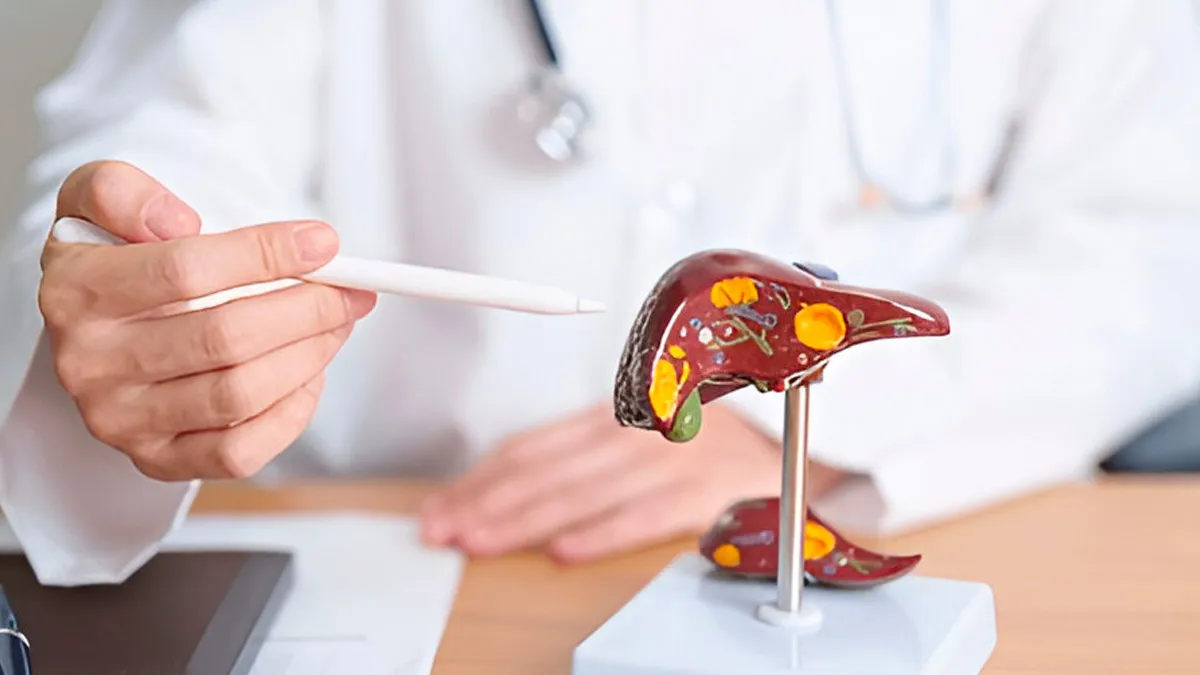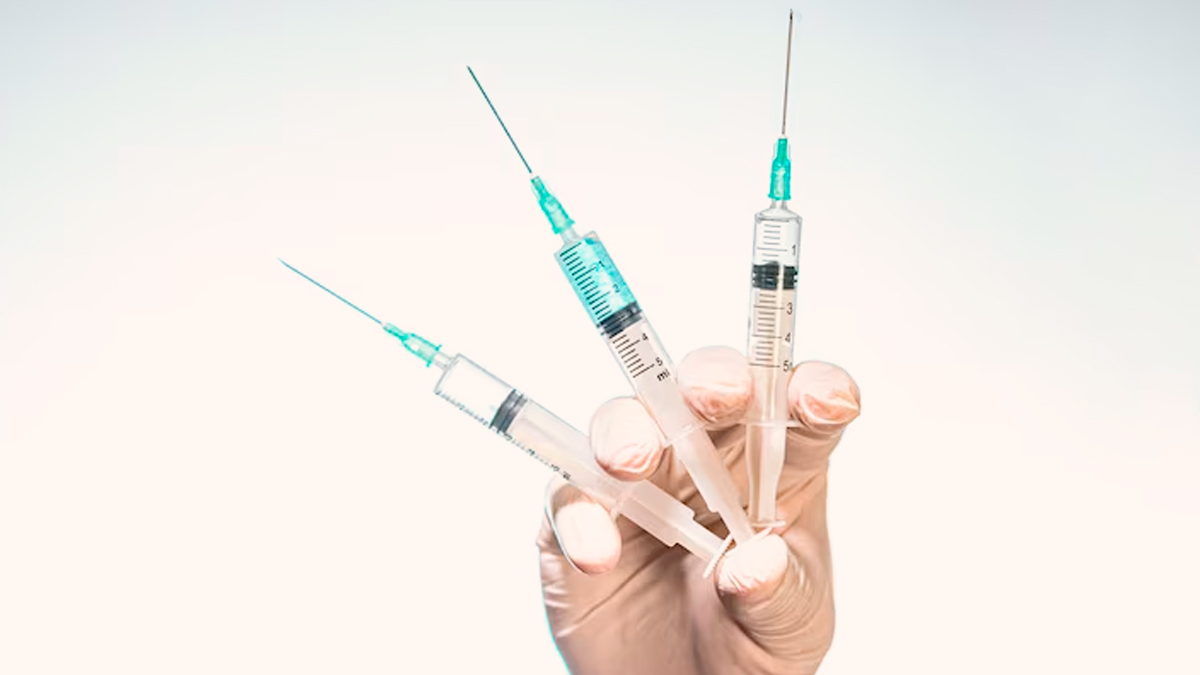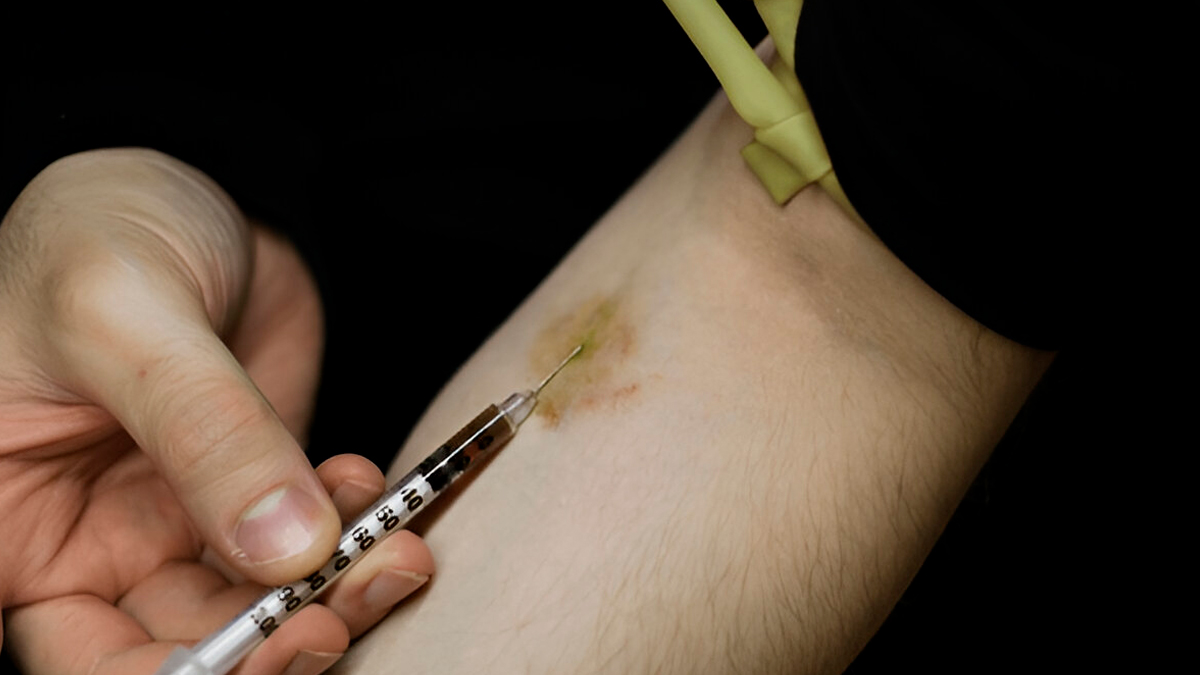
When we think about threats to our health, we usually think of heart disease, cancer, or diabetes. Rarely does the average person think of hepatitis. And yet, viral hepatitis, especially hepatitis B and C, continues to affect millions in India quietly. What’s more concerning is that transmission doesn’t always happen in dramatic or obvious ways. In many cases, it begins with something as ordinary as an injection. Just one unsafe prick can sow the seeds of a long-term illness.
Table of Content:-
The damage doesn’t happen overnight. The virus may live quietly in the body for years, even decades, attacking the liver slowly. And by the time symptoms show up, fatigue, jaundice, and abdominal pain, the liver may already be deeply scarred or failing.
We spoke to Dr Akash Chaudhary, Clinical Director and Senior Consultant Medical Gastroenterology, CARE Hospitals, Banjara Hills, Hyderabad, who explained the overlooked danger of hepatitis from unsafe injections.
Injections: A Common Practice with Uncommon Risks

“In some settings, failing to follow simple hygiene practices, such as using sterilised instruments, not reusing needles, and wearing gloves, can greatly increase the risk of infection. These lapses, whether due to oversight or inadequate training, compromise patient safety and lead to serious health consequences,” said Dr Chaudhary.
What seems like a small lapse at the time can leave lasting damage. We usually believe that all injections are safe, but trust is not always justified. Viruses can cling to reused or poorly cleaned needles for days. It doesn’t take visible blood or pain for a virus to enter the bloodstream. Often, the damage unfolds slowly and silently.
Also Read: Tattoos Can Be Permanent, So Can Hepatitis B And C If You’re Not Careful
The Hidden Hazards of Tattoo Studios and Cosmetic Clinics
“Tattoos, piercings, and cosmetic treatments are now common, especially among young people. However, in many places, these are done without medical oversight or proper hygiene, turning personal choices into serious health risks. In some, the same needle may be used on multiple clients, or ink containers may be shared without sterilisation,” added Dr Chaudhary.
Most people walking into a tattoo parlour aren’t thinking about hepatitis. But they should be. Any time the skin is pierced, there is a risk of infection if proper precautions aren’t followed. One contaminated needle or a single careless mistake can cause lifelong illness.
If you or someone you know is considering a tattoo, piercing, or cosmetic procedure like microblading, here are a few things to keep in mind: Are the tools sealed and single-use? Is the space clean? Does the artist wear gloves and follow hygiene protocols? These aren't unnecessary questions; they're vital.
Drug Use and Shared Needles: A Taboo Topic That Needs Attention

“One of the most prevalent methods of hepatitis transmission is through the sharing of needles among individuals who inject drugs. This demographic tends to remain in the shadows for fear of judgment and stigma, which postpones testing and treatment. Unfortunately, this delay can turn a treatable infection into a long-term health crisis,” added Dr Chaudhary.
Many people, especially younger users experimenting with substances, are unaware of the silent damage hepatitis can cause. What begins as a single risky choice can result in years of illness. That’s why awareness, access to clean needles, and early medical support are so important.
Also Read: Hepatitis B vs C: Know Symptoms, Differences, and Prevention Explained by Expert
What We Can Do, And What You Should Know
There is a silver lining. Hepatitis B is preventable with a simple vaccine. Hepatitis C, though it lacks a vaccine, can be cured with timely treatment. But none of these matters if we don’t first prevent exposure. Here’s what we all must advocate for:
- Insist on sterile, sealed syringes for every injection, even in trusted clinics.
- Avoid any procedure in places where hygiene is questionable.
- Choose tattoo and piercing studios that follow strict infection control.
- Educate adolescents and high-risk groups about the dangers of shared needles.
- Encourage hepatitis screening in at-risk communities or after possible exposure.
One Needle, Two Outcomes
Dr Chaudhary concluded, "A needle can be a tool for healing or a source of harm. The difference lies in how carefully it is used. Whether you’re receiving an injection, getting a cosmetic procedure, or helping a loved one make safer choices, asking the right questions can make all the difference."
We don’t need fear, we need information. By understanding the risks and taking precautions, we can stop hepatitis before it starts. Because sometimes, a single decision is all it takes to change a life, for better or for worse.
[Disclaimer: This article contains information provided by an expert and is for informational purposes only. Hence, we advise you to consult your professional if you are dealing with any health issue to avoid complications.]
Also watch this video
How we keep this article up to date:
We work with experts and keep a close eye on the latest in health and wellness. Whenever there is a new research or helpful information, we update our articles with accurate and useful advice.
Current Version